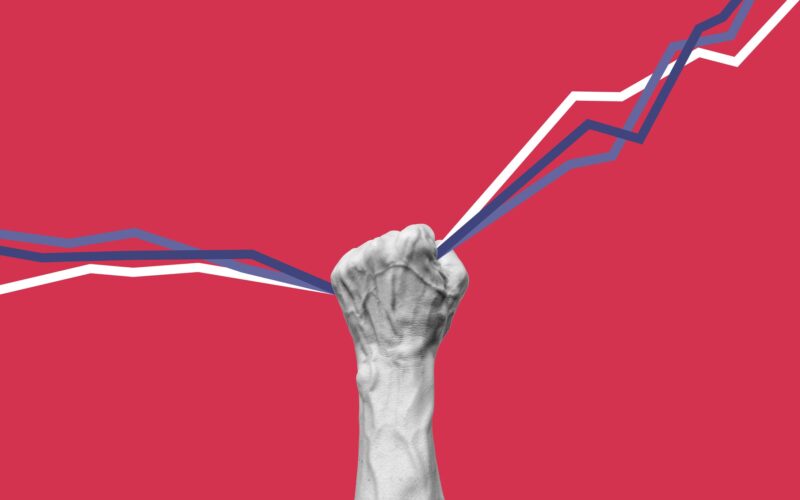The United Nations recently published its annual Human Development Report, which ranks where people live long, healthy lives -in other words, the countries that are best to live in.
The UN looked at nearly 200 countries across a number of categories, including life expectancy, education, gender equality, and financial wealth.
Here are the countries that scored the highest.
15. Liechtenstein — Many residents of this German-speaking country enjoy high incomes, with a $78,000 yearly income as the average.

14. Sweden — On average, people in Sweden live to be 82.3 years old.

13. New Zealand — Students attain a high level of education here, and go to school for at least 19 years.

12. Hong Kong — Residents of this Chinese territory have a high average life expectancy at 84 years.

11. The United States — The US ranks high in financial wealth. Americans earn a median income of $59,039 per year.

10. Canada — Tying with the United States, Canada ranks high in education achievement. More than half of its residents graduate from college.

9. Iceland — People in Iceland have a high life expectancy, living an average of 82.7 years.

8. Ireland — Crime is low in Ireland. The homicide rate stands at only 1.1 per 100,000 people, according to the most recent data available.

7. The Netherlands — This country has a relatively low rate of income inequality, and it’s been continually decreasing since the mid-1990s.

Source: OECD
6. Singapore — People in this nation can expect to live long lives, too. The average life expectancy is over 83 years in Singapore.

5. Denmark — Denmark tied with Singapore in the UN’s ranking. When comparing median wages between men and women, the gender wage gap is now at 7.8% for full-time employees in Denmark. For comparison, the gap hovers at 17.9% in the US.

Source: OECD
4. Germany — As of October 2014, all universities are free for residents and international students in Germany, where over 96% of the population has at least some secondary education.

3. Switzerland — This country ranks high in overall health. On average, people live to age 83 and have a relatively low risk for diseases like malaria, HIV, and tuberculosis.

2. Australia — Education makes up over 5% of the national GDP in this country, which tied with Switzerland. The UN found that most students go to school for around 20 years in Australia.

1. Norway — For the 13th consecutive year, Norway ranked highest in standard of living, life expectancy, and education. Thanks to the country's robust, publicly funded healthcare system, the average life expectancy is 82 years.

Overall, the UN's report indicates that the world is becoming a better place to live. Although 800 million people in the world still go to bed hungry every day, over 1 billion people have risen out of extreme poverty in the past 25 years.

At the same time, the report notes there are several pitfalls that work against human progress: discrimination, intolerance, and social norms that target vulnerable groups like women and racial minorities, who face prejudice in a number of areas, including employment, education, and property rights.











